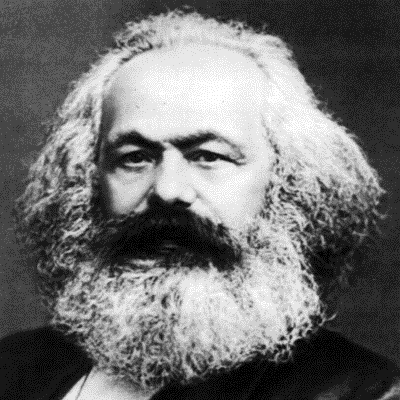55
you are viewing a single comment's thread
view the rest of the comments
view the rest of the comments
this post was submitted on 02 Jan 2024
55 points (100.0% liked)
GenZhou
779 readers
4 users here now
GenZhou: GenZedong Without the Shitposts(TM)
See this GitHub page for a collection of sources about socialism, imperialism, and other relevant topics.
We have a Matrix homeserver and a Matrix space (shared with GenZedong). See this thread for more information.
Rules:
- This community is explicitly pro-AES (China, Cuba, the DPRK, Laos and Vietnam)
- No ableism, racism, misogyny, transphobia, etc.
- No pro-imperialists, liberals or electoralists
- No dogmatism/idealism
- For articles behind paywalls, try to include the text in the post
- Mark all posts containing NSFW images as NSFW (including things like Nazi imagery)
- Unserious posts will be removed (please post them to /c/GenZedong or elsewhere instead)
founded 2 years ago
MODERATORS

Here are my answers (please correct me if anything is wrong) to questions 1-4:
Labour is the act of doing something that produces use value (e.g. making mud pies isn't labour unless it's going to be useful in some way). Labour power is a promise to perform labour in some agreed-upon manner in the future.
Labour can't be sold -- once labour begins, it's already being performed, and nobody would pay for that. You can sell a promise of future labour (labour power).
A commodity is anything made for exchange or production of other commodities, including labour power (i.e. it doesn't have to be a physical thing). Labour power is the sole (more or less) commodity sold by workers to capitalists; capitalists use the labour power to have labour performed and "imbued" into new commodities that are sold at a later time. In other words, a commodity consists of accumulated labour and the physical resources used by that labour.
Capital is a commodity (or set of commodities) that is strengthened by living labour, which preserves and increases its exchange value. It consists primarily of means of production (e.g. machines), materials, and money used to buy commodities that strengthen the capital (e.g. labour power).
A commodity's value is the socially necessary labour (i.e. the labour required to create an average commodity of that type, by an average labourer working at an average speed and efficiency) embodied within it. Its exchange value is the only way in which its value is expressed under capitalism, defined by the relations of exchange between it and every other commodity (simplified through the use of money). The exchange value of every commodity constantly changes, but on average (across changes in supply and demand), it's proportional to the commodity's value.
As the socially necessary labour time required to produce an average commodity of a certain type changes, so does its value (e.g. if a new machine halves the amount of time required to produce a certain commodity, the value of all existing commodities of that type will also halve, and the exchange value will eventually equalize around the value).